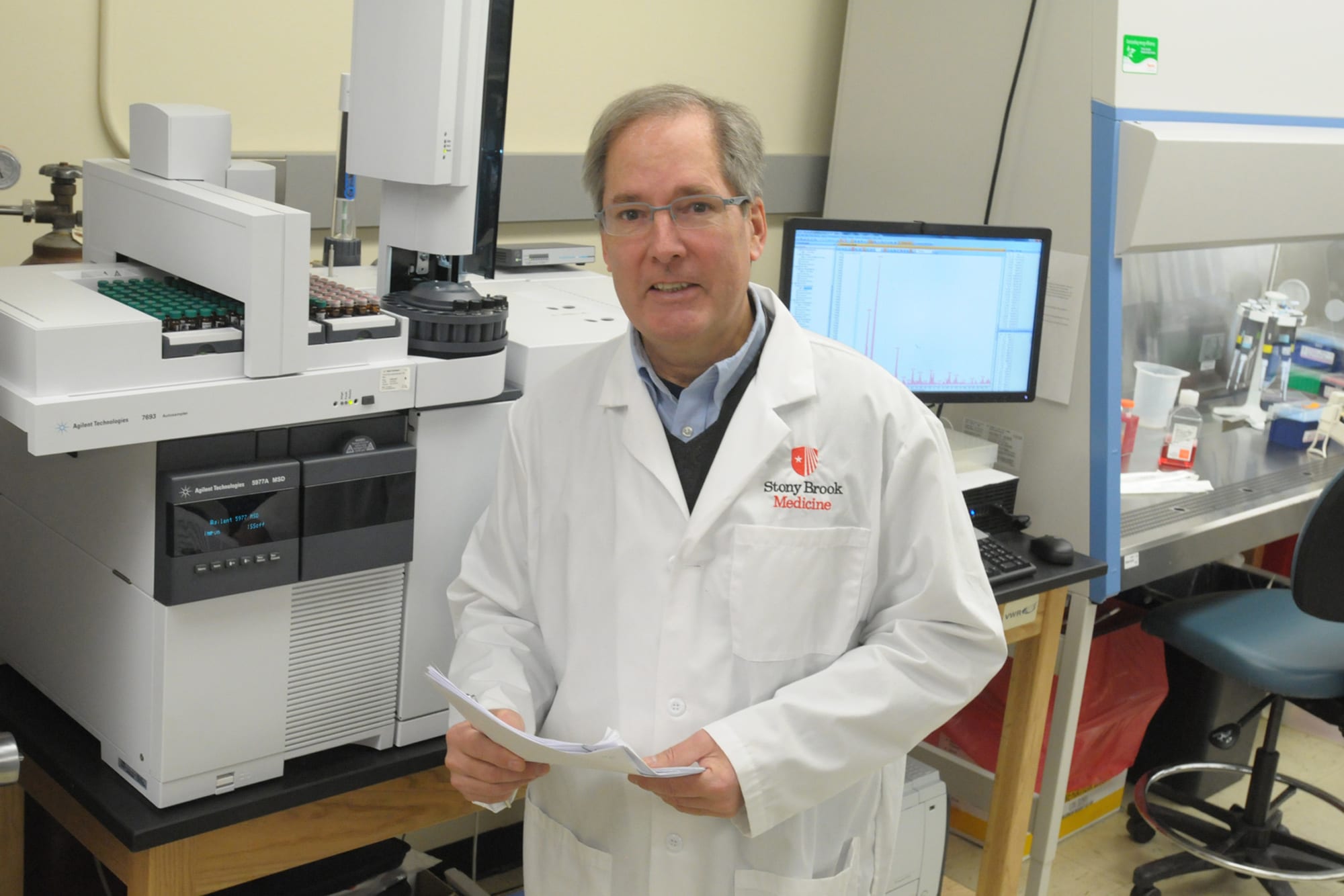When life throws you a curveball, sometimes it feels like the world stops spinning. That's exactly how many people feel when they hear the words "you have cancer." But today, we're diving deep into the battle against haley cancer—a term that might not be widely known but carries immense significance. This isn't just about statistics or medical jargon; it's about real people, real stories, and real hope. Let's uncover the truth together.
Haley cancer isn't just a name; it represents a journey—a battle fought by warriors and a war won by the taken. This article aims to empower you with knowledge, support, and resources to navigate this challenging path. Whether you're a patient, caregiver, or simply someone who wants to understand more, this guide is for you.
Let's break down the complexities of haley cancer, explore its causes, treatments, and everything in between. Together, we'll turn fear into action and uncertainty into clarity. So, grab a coffee, get comfy, and let's dive in.
Read also:Michael C Hall Wife The Love Story Behind Dexters Star
What Exactly Is Haley Cancer?
Haley cancer refers to a specific type of cancer that affects the haley gland—a part of the body often overlooked but crucial to overall health. While not as widely discussed as breast or lung cancer, haley cancer is gaining attention due to its increasing prevalence and impact on patients worldwide.
According to the World Health Organization (WHO), haley cancer cases have risen by 25% in the past decade alone. This alarming statistic underscores the importance of awareness and early detection. But don't worry—we'll cover all that and more!
Symptoms You Need to Know
Recognizing the symptoms early can make all the difference. Here are some common signs to watch out for:
- Unexplained weight loss
- Persistent fatigue
- Changes in skin color or texture
- Swelling or lumps in affected areas
Remember, these symptoms don't always mean cancer, but it's essential to consult a healthcare professional if you notice anything unusual.
Causes and Risk Factors of Haley Cancer
So, what causes haley cancer? The answer isn't always straightforward, but research points to several factors:
Genetic Predisposition
Some people are genetically predisposed to developing haley cancer. If your family has a history of similar conditions, your risk may increase. But hey, genetics isn't destiny. Regular check-ups and a healthy lifestyle can go a long way.
Read also:Prince George The Rising Star Of The British Royal Family
Lifestyle Choices
Our daily habits play a significant role. Smoking, excessive alcohol consumption, and poor diet can all contribute to the development of haley cancer. It's time to rethink those late-night pizza binges, folks!
Diagnosing Haley Cancer
Early diagnosis is key to successful treatment. Here's how doctors typically detect haley cancer:
Medical Imaging
Tools like MRI and CT scans help visualize the affected area, providing crucial insights into the extent of the disease.
Biopsy
A small tissue sample is taken and analyzed under a microscope to confirm the presence of cancer cells. This might sound scary, but it's a routine procedure that can save lives.
Treatment Options for Haley Cancer
Once diagnosed, patients have several treatment options at their disposal:
Surgery
Removing the affected tissue can be an effective way to combat haley cancer. Advances in surgical techniques have made this option safer and more efficient than ever.
Chemotherapy
This treatment involves using powerful drugs to kill cancer cells. While it can be tough on the body, the results are often worth it.
Radiation Therapy
High-energy rays target and destroy cancer cells, minimizing damage to surrounding healthy tissue.
Living with Haley Cancer
Life doesn't stop after a cancer diagnosis. Here's how you can thrive despite the challenges:
Mental Health Support
Don't underestimate the power of therapy and support groups. Talking about your feelings can make a world of difference.
Nutrition and Exercise
Eating well and staying active can boost your immune system and improve your overall well-being. Small changes can lead to big results.
Preventing Haley Cancer
Prevention is always better than cure. Here are some tips to reduce your risk:
- Avoid tobacco products
- Maintain a balanced diet
- Exercise regularly
- Get regular check-ups
Simple steps can go a long way in protecting yourself and your loved ones.
Supporting Loved Ones with Haley Cancer
If someone close to you is battling haley cancer, here's how you can help:
Be There
Offering emotional support can be one of the most meaningful things you do. Sometimes, just listening is enough.
Assist with Practical Needs
From cooking meals to running errands, small acts of kindness can lighten the load for someone going through treatment.
Latest Research and Innovations
Science is making strides in understanding and treating haley cancer. Recent breakthroughs include:
Targeted Therapy
Drugs designed to attack specific cancer cells without harming healthy ones are revolutionizing treatment.
Immunotherapy
Boosting the immune system to fight cancer is showing promising results in clinical trials.
Conclusion
Haley cancer is a formidable opponent, but with the right knowledge, resources, and support, it's a battle we can win. From understanding the causes to exploring treatment options and prevention strategies, this guide has hopefully equipped you with the tools you need to face the challenge head-on.
Now it's your turn to take action. Share this article with someone who might benefit from it. Leave a comment below with your thoughts or questions. Together, we can make a difference in the fight against haley cancer.
Table of Contents
- What Exactly Is Haley Cancer?
- Causes and Risk Factors of Haley Cancer
- Diagnosing Haley Cancer
- Treatment Options for Haley Cancer
- Living with Haley Cancer
- Preventing Haley Cancer
- Supporting Loved Ones with Haley Cancer
- Latest Research and Innovations
- Conclusion
Remember, knowledge is power. Stay informed, stay strong, and never give up hope!


